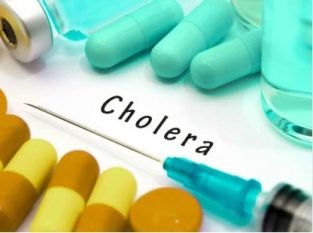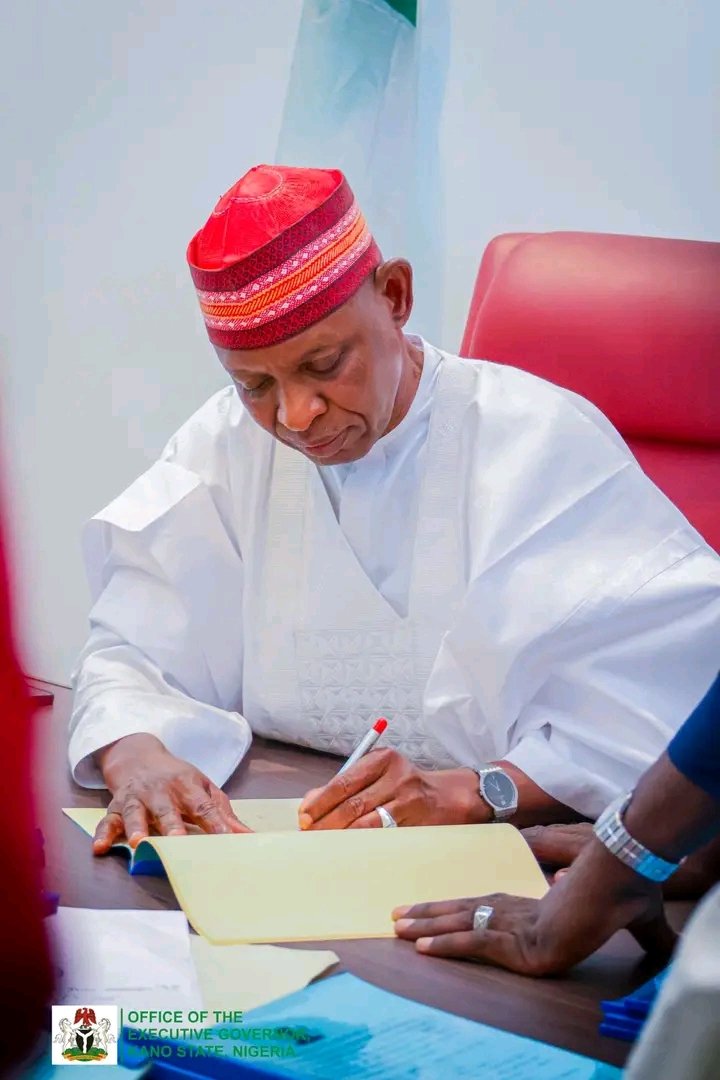Dennis Gabriel
ABUJA, Nigeria – As Nigeria battles a sharp increase in cholera cases during the 2025 rainy season, the Federal Government, in collaboration with the World Health Organisation (WHO) and other key partners, has intensified nationwide efforts to strengthen cholera preparedness and response.
In a statement issued Friday by the WHO Nigeria Communications Office, Hammanyero Kulchumi Isa, the Nigeria Centre for Disease Control and Prevention (NCDC) announced that over 150 frontline health workers from all 36 states and the Federal Capital Territory (FCT) have been trained on early detection, reporting, and treatment of cholera.
Additional training has been extended to high-risk areas. In Bauchi State, for instance, 40 community health workers were trained across 12 cholera-prone LGAs.
“As of 28 July, Nigeria has recorded 4,700 cholera cases and 113 deaths, primarily in flood-affected and displaced communities,” the statement revealed.
NCDC Director-General, Dr Jide Idris, stressed the need for proactive systems. “We’re not just responding to outbreaks — we’re building systems to prevent the next one,” he said, acknowledging the crucial role of WHO and donor support.
WHO’s intervention includes deploying rapid response teams, strengthening surveillance systems, and supplying critical medical resources such as cholera test kits for 200 patients and 10,000 sachets of oral rehydration salts.
“Every cholera death is preventable,” said Ann Fortin, WHO’s Emergency Preparedness Response Lead in Nigeria. She emphasised the importance of quicker action and stronger coordination.
WHO also reiterated that eradicating cholera by 2030 will require a multi-sectoral approach involving investments in water, sanitation, hygiene (WASH), resilient primary healthcare, and climate adaptation strategies.
WHO’s Acting Country Representative, Dr Alex Gasasira, commended the Government of Japan for its timely funding, saying, “Nigeria is now better positioned to protect its most vulnerable.”



